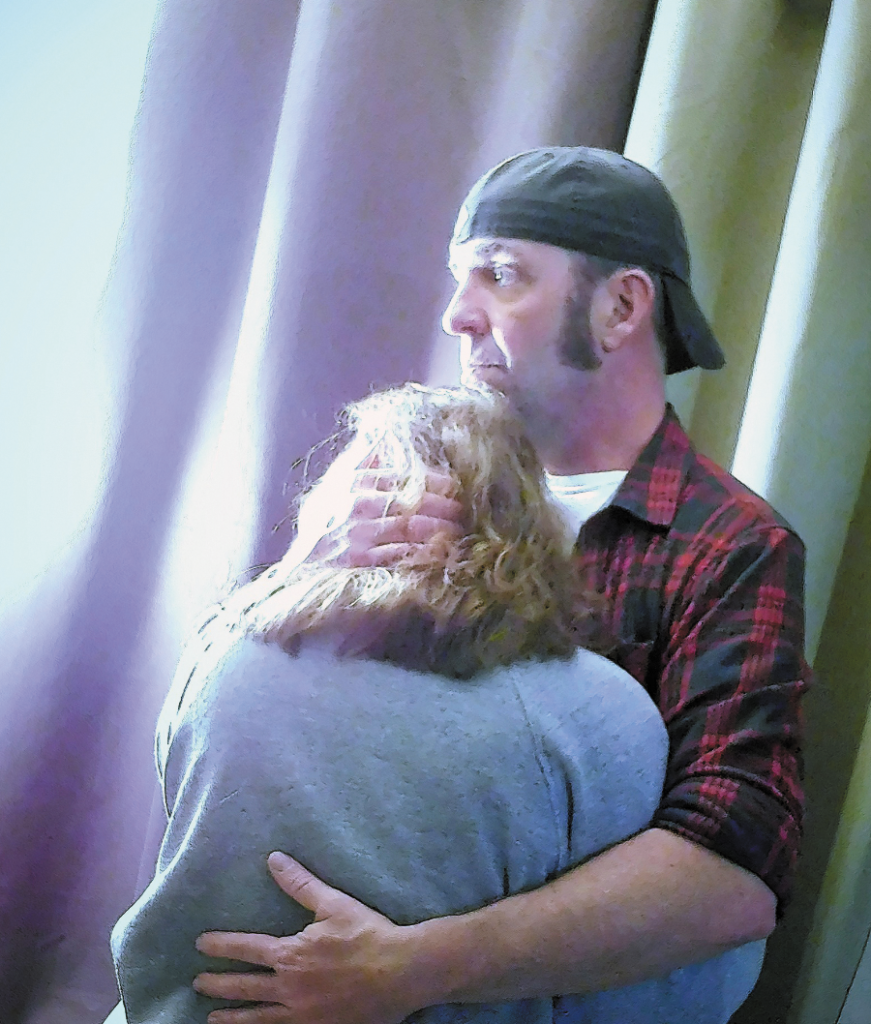 “I’ve gone to look for you. Should you return before I get back…hold on to yourself! Rest assured I will hold you when I return, unless I find you first.” – Variation on a theme by Chainsaw.
“I’ve gone to look for you. Should you return before I get back…hold on to yourself! Rest assured I will hold you when I return, unless I find you first.” – Variation on a theme by Chainsaw.
When someone loses something, you help them find it. You stop what you are doing and join in the search. Helpful words encourage their efforts in the form of inquiry. “Where did you see it last?” or “Did you have it with you when…?” The quest continues until the item is found or forgotten.
When a pet is lost or child misplaced there is an unspoken urgency. There are underlying fears lined with panic. Assurances are made in hope. “Don’t worry we’ll find them!” “I’m sure they’ll come back on their own!” All yearning for a positive outcome and relieved to tears of fear and joy when it comes.
When love is lost, reassurances of potential promises the future may hold are made. Sympathy of the heart, from the heart, is offered to ease the pain of love lost. “There’s always more fish in the sea!” “Don’t worry, it’s their loss!” Comforting them with the knowledge that in time they will go fishing again, using the pieces of their broken heart as bait and reminders of lessons learned.
It is the better half of our human nature that provides comfort to our fellows. Offering our moral support until restitution is reached, reunions are relished and reparations are resolved. We help them find what has been lost or assure them that what has been lost can be found again. But when someone loses somebody… you help them find themselves. Losing a loved one makes a phenomenal impact on a person’s mentality. They want the world to stop till they can come to terms with theirs being altered. And for them, for a while, it does and parts of their world will be stopped in time forevermore because they exist only in their memory.
It seems almost insensitive towards someone’s loss that most condolences come across as cliché. Seemingly pulled from the pages of a bereavement textbook. “Sorry for your loss.” “If you need anything…anything at all…” “We’re here for you.” “They’re in a better place.” Though they may seem a platitude, they are delivered with sincerity accompanied by hugs, hand squeezes and tears of remorse; all to carry the bereaved through to a time, when enough time has passed, that time marches on.
 Graveside mannerisms can feel surreally scripted. Yet, it’s an uncomfortably expected and necessarily welcomed ritual, providing comfort to those who have lost a loved one. But what do you say to comfort someone who’s in the process of losing somebody? Interacting with them on the day to day as they deal with a loved one’s inevitable fate with no definitive end in sight?
Graveside mannerisms can feel surreally scripted. Yet, it’s an uncomfortably expected and necessarily welcomed ritual, providing comfort to those who have lost a loved one. But what do you say to comfort someone who’s in the process of losing somebody? Interacting with them on the day to day as they deal with a loved one’s inevitable fate with no definitive end in sight?
Initially everyone is sorry, but as their world evolves into an extended state of pre-bereavement, sorry soon becomes redundant. So what can you say? First and foremost, without reminding them of what they already know, encourage them to visit their fading loved one. Go along if they wish or let them know it’s OK if they want to go alone. Just be sure to be there when they return.
Join them when they take a break from daily life to reflect on the situation if they desire your company — no one should have to go it alone. Just remember it’s only a break, gentle indirect persistence towards maintaining the usual daily routine is key in aiding to avoid sinking into a deeper depression.
Knowing what’s constantly on their mind ignites conversations to try and get them talking about other things; help them to not dwell on it constantly. Don’t bring up the subject that’s foremost in their mind unless they want to talk about it and when they do — listen! Sometimes actions speak louder than words and attentive silence speaks volumes in support.
In the end, before the end, there is no way of knowing what the right thing to say or do is until it’s already said and done. Trying to provide comfort can feel like walking blindly into an emotional minefield. Inevitably the best thing that can be said is a simple promise of reassurance delivered in three little words: I’m right here.
I welcome almost all questions and comments via FOCUS, or E-mail me directly at – [email protected].
Hope to hear from you, until then try and stay focused. See ya!








